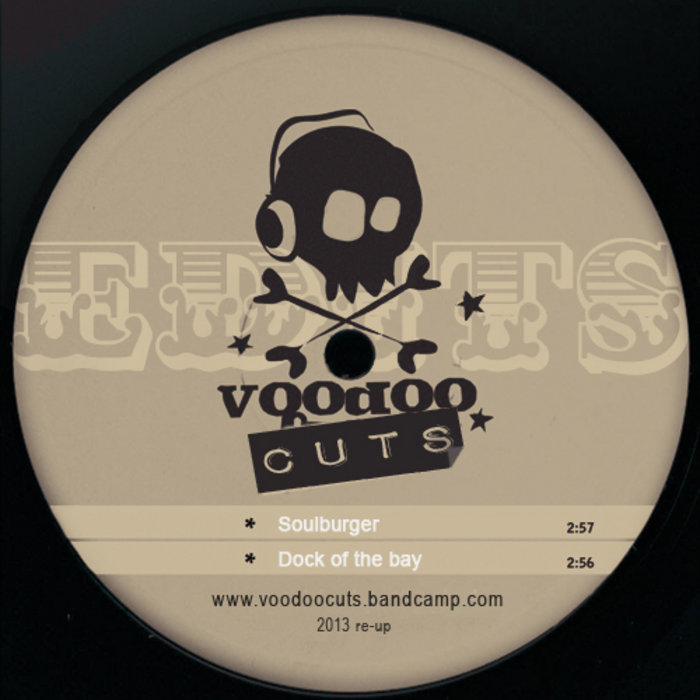
Edits – VOODOOCUTS
this blog is GROOVY – check out great Soul, Funk, Jazz, Hip Hop, Bass, Breaks , Reggae, House n many more TUNES
Voodoo Cuts, also known as “dark trap,” isn’t a genre, but a subgenre of trap music characterized by its haunting, often unsettling atmosphere. Think ominous synths, distorted basslines, and chilling vocal samples – it’s the sound of the urban underworld, dripping with paranoia and menace.
The Roots:
While the exact origin is murky (pun intended), the seeds of Voodoo Cuts were sown in the early 2010s, as trap music itself was blossoming. Artists like Lil B and Young Thug were already experimenting with offbeat sounds and dark imagery, paving the way for the genre’s emergence.
Key Players:
Funny Facts:
The Future:
Voodoo Cuts is constantly evolving, pushing the boundaries of sound and aesthetics. From the eerie soundscapes of Playboi Carti to the experimental production of Amine, the subgenre continues to explore the darker corners of trap music.
In Conclusion:
Voodoo Cuts isn’t just about menacing beats and dark lyrics. It’s a cultural phenomenon that reflects the anxieties and realities of a generation. It’s about the shadows, the unknown, and the unsettling allure of the dark side. And while it might be a bit unsettling at times, it’s undeniable that Voodoo Cuts is a captivating, and uniquely compelling, sound.

Edits – VOODOOCUTS